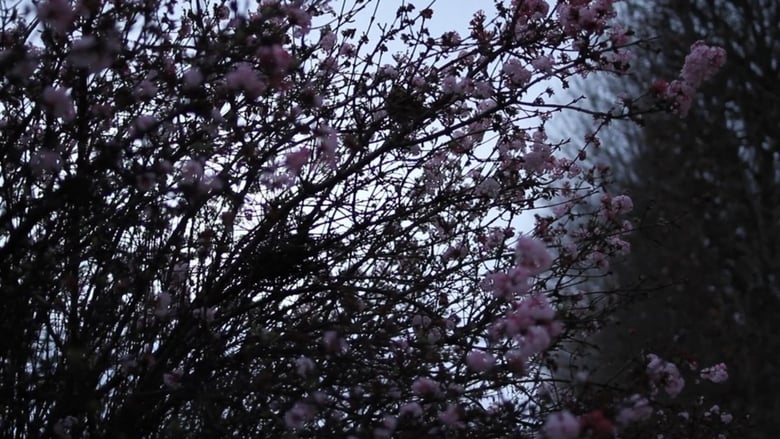Ko ta maatau whare pikitia me to wharepukapuka whakaataata ka taea noa te rere, te tango mai ranei ma nga mema anake
Me matakitaki tonu mo te FREE ➞He iti ake te waa 1 meneti ki te Haina Mai ka pai ai ki a koe te koa ki nga Kiriata Mutunga & Taitara TV.

Il se peut que la beauté ait renforcé notre résolution - Masao Adachi (2011)
The first in a planned series of films about radical filmmakers by film critic Nicole Brenez and filmmaker Philippe Grandrieux, It May Be That Beauty Has Strengthened Our Resolve is a portrait of Masao Adachi, who emerged during the Japanese New Wave of the 1960s as a screenwriter for Nagisa Oshima and Koji Wakamatsu, and directed a series of avant-garde films that grafted radical politics to the sexploitation genre. A 1971 visit to a Popular Front for the Liberation of Palestine (PFLP) training camp while on the way back from Cannes resulted in Adachi's most infamous film, the agit-prop documentary Red Army/PFLP: Declaration of World War, which he co-directed with Wakamatsu. Soon after, Adachi joined a splinter cell of the Japanese Red Army in Lebanon, where he stayed from 1974 until he was deported to Japan in 1997 to serve time for passport violations.
Momo: Documentary
Maka: Masao Adachi, Naruhiko Onozawa
Kaimahi: Philippe Grandrieux (Director), Charles Lamoureux (Sound Designer), Philippe Grandrieux (Sound Designer), Philippe Grandrieux (Director of Photography), Stéphane Thiébaut (Sound Re-Recording Mixer), Annick Lemonnier (Producer)
Subtitle:
![]()
![]()
![]()
![]()
![]()
![]()
![]() ETC.
ETC.

